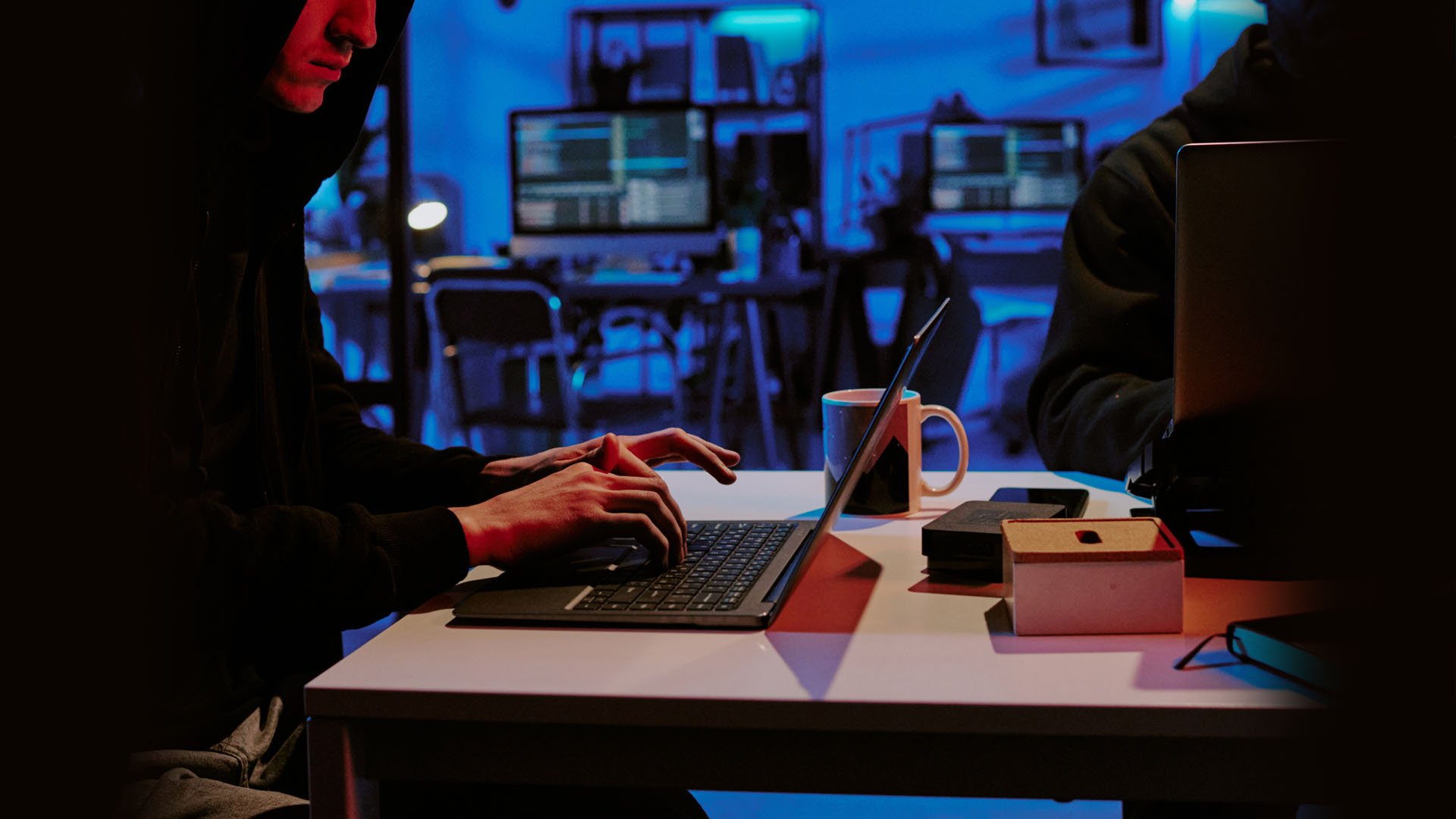Twitter's new CEO Elon Musk has been very vocal about how he wants to revolutionize the social media platform, saying he aims to make it the "voice of the people." But it's been a bit of a rough start so far.
After laying off more than half of its staff, there have been some difficulties rolling out products, such as the new verification process that allows users to pay $8 per month for premium features.
But Musk is not one to be swayed by rough waters, as he has a grand vision for what Twitter could become.
One of the new features he hopes to add to Twitter, sooner rather than later, is end-to-end encryption for direct messages (DMs). In a recent meeting with the remaining employees, Musk laid out his plans for "Twitter 2.0," which include that the company will work to encrypt DMs and eventually add encryption for video and voice calling between accounts, according to The Verge.
Musk said:
"We want to enable users to be able to communicate without being concerned about their privacy, without being concerned about a data breach at Twitter causing all of their DMs to hit the web, or think that maybe someone at Twitter could be spying on their DMs. That's obviously not going to be cool and it has happened a few times before."
"It should be the case that I can't look at anyone's DMs if somebody has put a gun to my head."
[RELATED: Insider Threat Case: Twitter Employees Bribed by Saudis]
During the meeting, Musk also mentioned Signal, the encrypted chat app that is run as a non-profit. He says he spoke with the company's creator, Moxie Marlinspike, who is "potentially willing to help out."
For years, privacy advocates have pushed for social media platforms to embrace end-to-end encryption for DMs, and it seems like Musk is ready to do so. But actually rolling out the technology might prove more difficult than the new CEO anticipates.
Engineers at Meta have been trying to tackle this issue for over five years, so it seems reasonable that some experts would be skeptical about Musk being able to pull this off in such a short time.
The problems that Meta has been dealing with include challenging topics such as how to address the spread of child sexual abuse material and how to deal with abuse and harassment.
For all organizations, not just social media platforms, there is a constant debate about balancing privacy and fighting any sort of abuse.
It will be intriguing to see how Elon Musk, the "free speech absolutist," will approach this issue.
Follow SecureWorld News for more stories related to cybersecurity and privacy.





